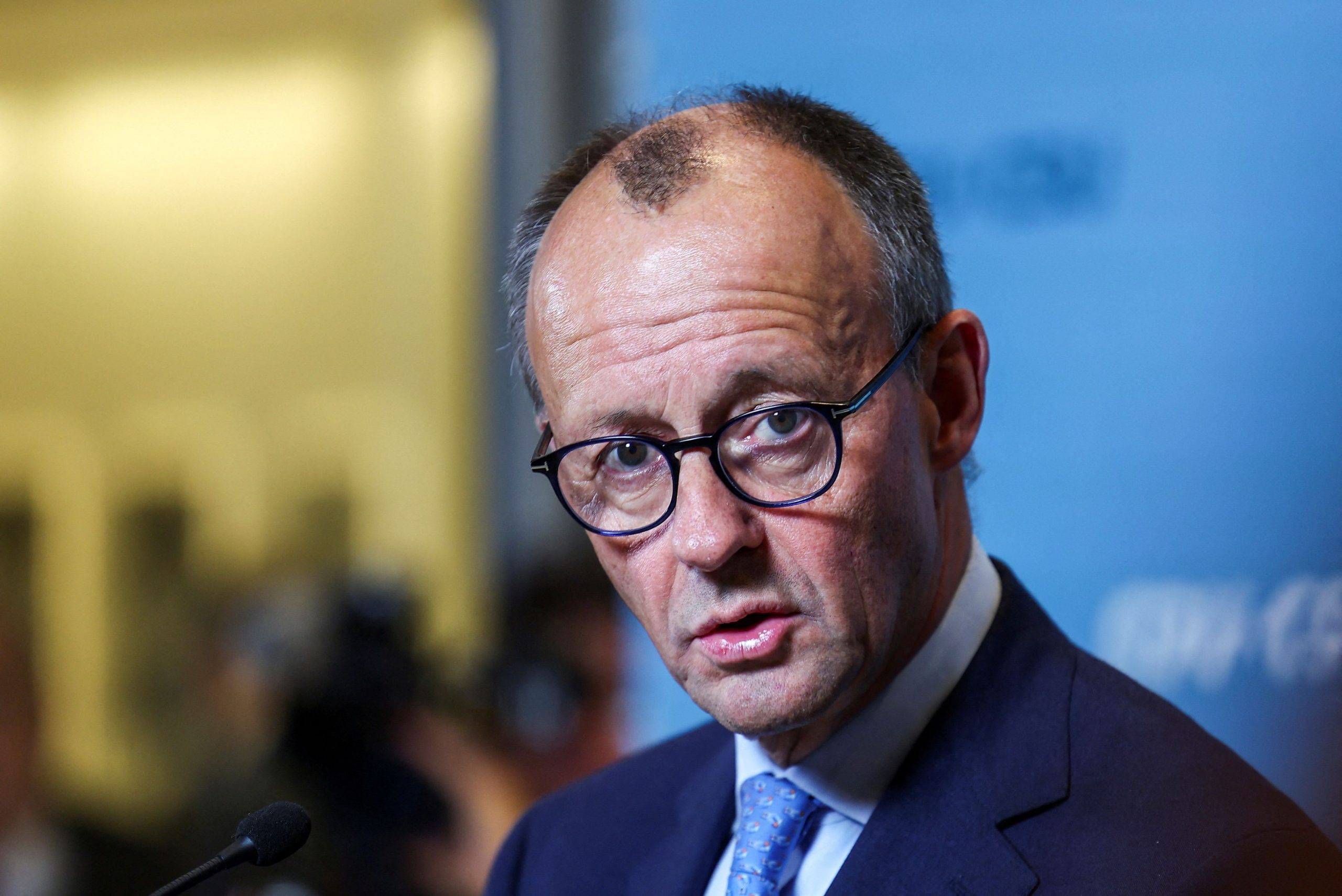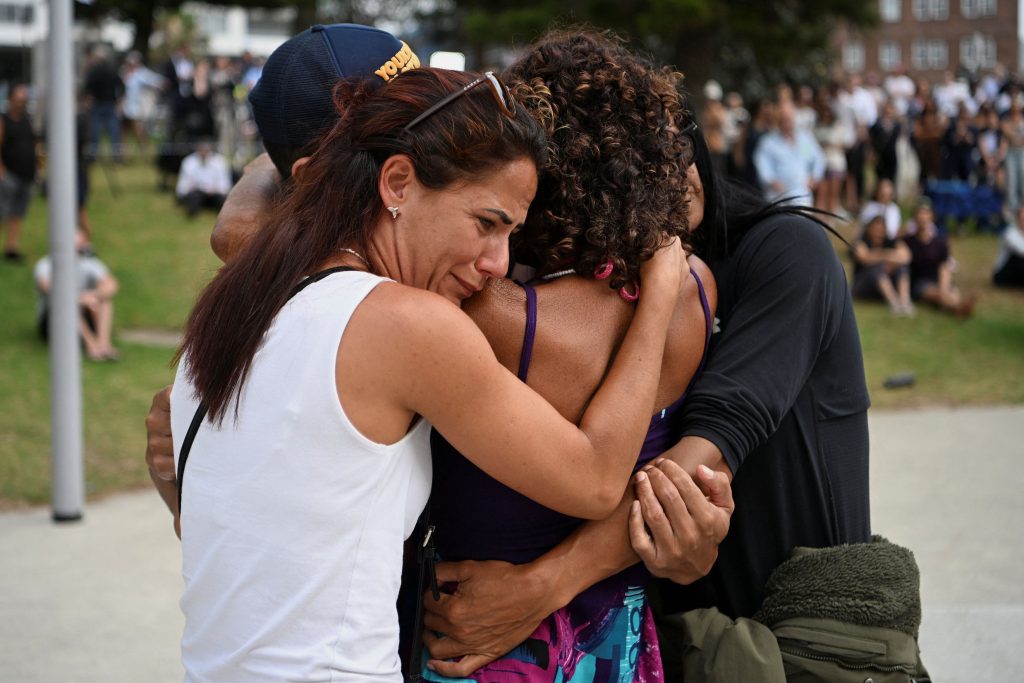Friedrich Merz is set to become Germany’s next chancellor after his opposition conservative CDU/CSU bloc secured victory in the national election on Sunday. However, forming a government will be complex, as coalition negotiations are expected to last months following the far-right Alternative for Germany’s (AfD) historic second-place finish, says Reuters.
Merz, 69, who has never held office before, now faces the challenge of unifying a deeply divided Germany. The election results reflect widespread discontent, particularly over migration and economic stagnation. While the AfD secured 20.5% of the vote—doubling its previous result—mainstream parties have ruled out forming a government with them.
In his post-election remarks, Merz took aim at Washington, criticizing what he called “outrageous” U.S. comments during the campaign and comparing them to Russian interference. He stressed the need for Europe to gain “real independence” from the U.S., questioning NATO’s current role. Despite this, former U.S. President Donald Trump welcomed the election outcome, claiming Germans had grown tired of “the no common sense agenda” on energy and immigration.
With 28.5% of the vote, Merz’s CDU/CSU won but achieved its second-worst post-war result. Meanwhile, Chancellor Olaf Scholz’s Social Democrats (SPD) suffered a historic defeat, dropping to 16.5%. The Greens garnered 11.8%, while the far-left Die Linke made gains, securing 8.7%. The pro-market Free Democrats (FDP) and the new Sahra Wagenknecht Alliance (BSW) hovered around the 5% threshold to enter parliament.
Coalition talks remain uncertain. Merz may need one or two partners, and a three-party coalition could be unwieldy, potentially weakening Germany’s ability to lead. Scholz will remain as caretaker chancellor, delaying economic revival efforts and complicating Europe’s response to global challenges, including U.S. trade tensions and the war in Ukraine.
With voter turnout at 83%, the highest since reunification, Germany faces an extended period of political uncertainty at the heart of Europe.



